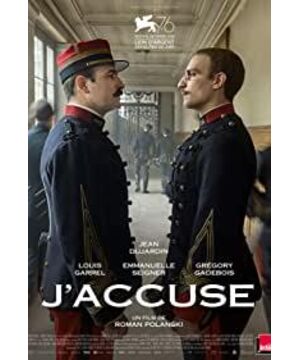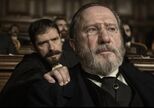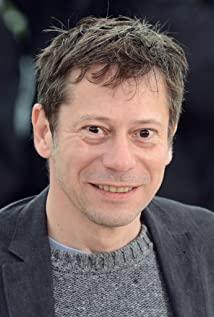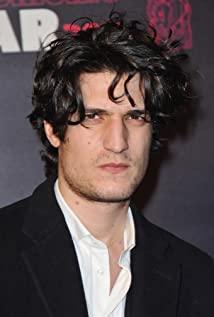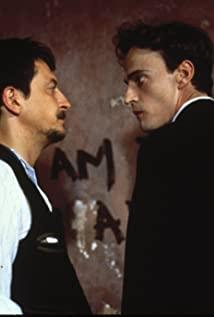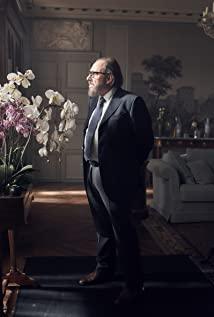The books I read recently mentioned the "Dreyfus case" ("The House of Memory" and "The Life of Chekhov"), and I was often hinted at, and decided to watch this movie and learn about this important history.
The narrative technique of the film is very calm and restrained, which is very useful for presenting this very contraversial historical event: it involves the general anti-Semitic sentiment in French society in the 1890s, the injustice of the military, political and judicial organs. Whether it's nationalist sentiments or the pursuit of justice, this theme is all too easily emotionally charged.
There is little background music in the whole process, and the pictures are mostly cool colors. The riots of the people, the declarations of the figures in the court, etc., are given very short time for the shots. The protagonist Piquat is a strong and upright image, but the film does not vigorously render its heroic color. These all give me a calm, sober power.
Also because of this style, it's not as good as most movies, either to mobilize the audience's emotions, because the front is slow and poised, neither intense nor dramatic, if I hadn't been interested in this history, I would have been "boring". Don't look at it. Although the plot itself is not very "grabbing" and the camera language is great, I won't appreciate it (hhh I went to station B to watch others appreciate it).
In the process of overturning the case for Dreyfus, Piquat was repeatedly blocked:
(1) Obstruction from the military: ordered by the superior to drop the case, reported by subordinates, transferred out of Paris for inspections, rummaged in his home, followed and followed, his mistress was implicated, and he was eventually imprisoned.
(2) This wave of momentum ushered in a small climax: Zola published J'accuse in the newspaper (the ignorant me, I didn't know the source of the title until the story developed), and each officer who framed Dreyfus was interviewed. accuse. Shocked the society, however, public opinion is on the side of the military! Now, what needs to be confronted is not only the military, but also the people. (Everyone, from the top military to the civilian population, hated Jews, and everyone "would like to believe" Dreyfus was a treason.)
(3) When the government sued Zola, during the trial, the judges also hindered everywhere, favored the military, and did not give lawyers a chance to question the military. Even though a major in the military admitted that he had perjured himself, the jury voted to hold Dreyfus guilty of treason.
This process, almost "alone" (although supported by intellectuals such as Zola, the Dreyfus family and other Jews) challenged "the government, the army and the people". At this point, the progress bar has only 10 minutes left.
The final subtitle says: Seven years later, it was the Italian court that finally acquitted Dreyfus and reinstated Dreyfus. Why the Italian and not the French judiciary? What is this operation? I am very confused.
View more about An Officer and a Spy reviews


